In the world of smart technology, Alexa has become a household name. However, there are compelling reasons to consider alternatives. From privacy issues to performance inconsistencies, understanding these factors can help make an informed decision about whether to continue using this popular virtual assistant.
Privacy Concerns

One of the most significant issues with Alexa is privacy concerns. The device constantly listens for its wake word, leading to fears that private conversations might be recorded inadvertently. Instances of data breaches have raised questions about how securely your information is stored and who has access to it. For individuals wary of surveillance, this is no trivial concern and warrants careful consideration.
Moreover, the fact that Amazon retains voice recordings unless manually deleted adds another layer of concern. This practice can lead to unauthorized access to personal data, making it crucial to review the privacy settings regularly. If transparency and control over personal information are priorities, this might be a good reason to reconsider Alexa.
Limited Compatibility
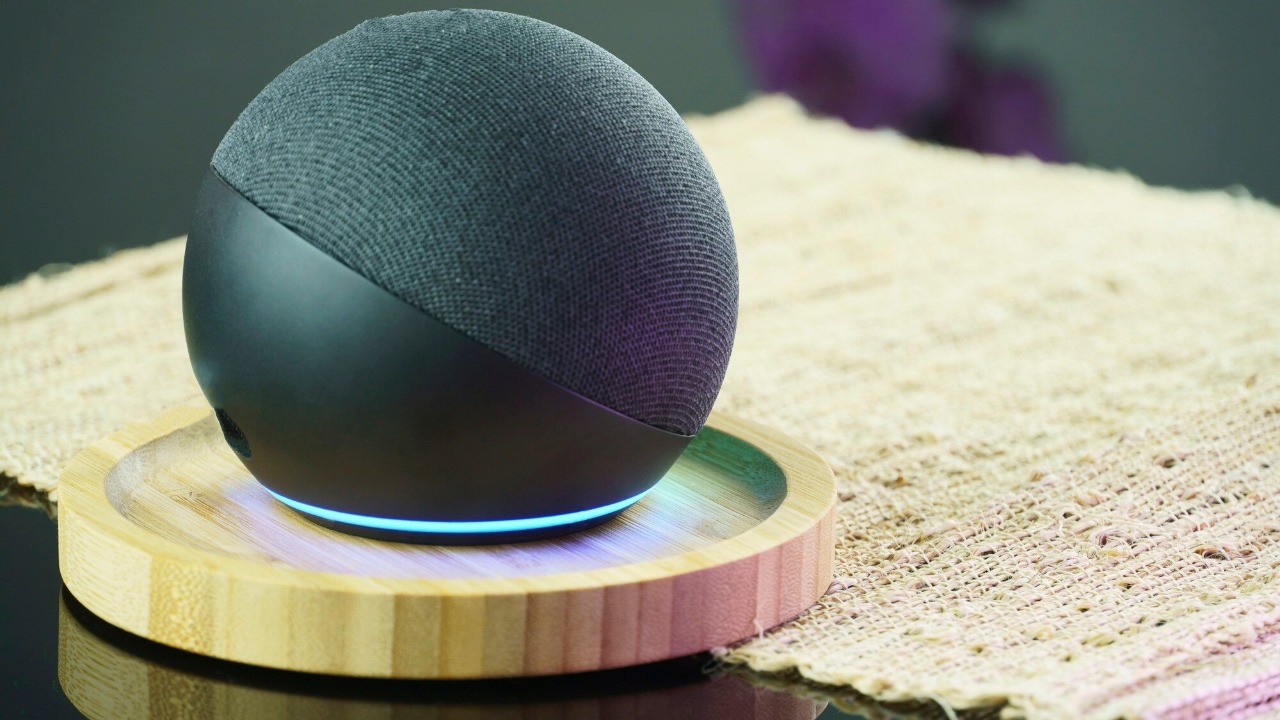
Despite its popularity, Alexa’s compatibility with third-party devices is not as extensive as one might hope. Many smart home devices are optimized for other ecosystems like Google Home or Apple HomeKit, leaving Alexa users with limited options. This can be a significant drawback for those who want to create an integrated smart home environment.
Additionally, some users find that Alexa does not support certain niche or specialized devices, which can be frustrating if you’re trying to build a cohesive system. If you’re looking for a more universally compatible solution, it may be worth exploring other virtual assistants.
Inconsistent Performance
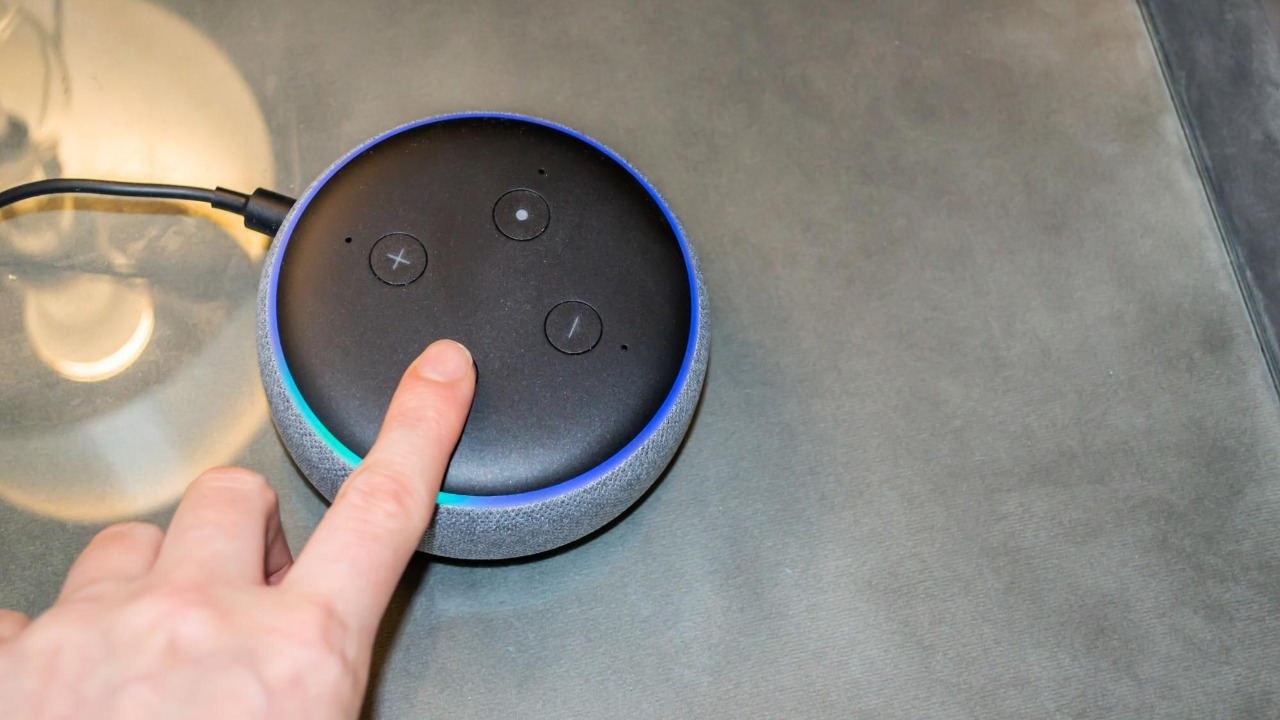
Alexa’s performance can be inconsistent, which can be frustrating for users who rely on it for daily tasks. Voice recognition errors are not uncommon, leading to incorrect responses or failed commands. This inconsistency can hinder productivity and make simple tasks more cumbersome.
Moreover, outages or slow response times can disrupt your routine, especially if you’re using Alexa to control essential functions like lights or security systems. If reliability is a priority, these performance issues might make you reconsider Alexa as your go-to virtual assistant.
Lack of Customization
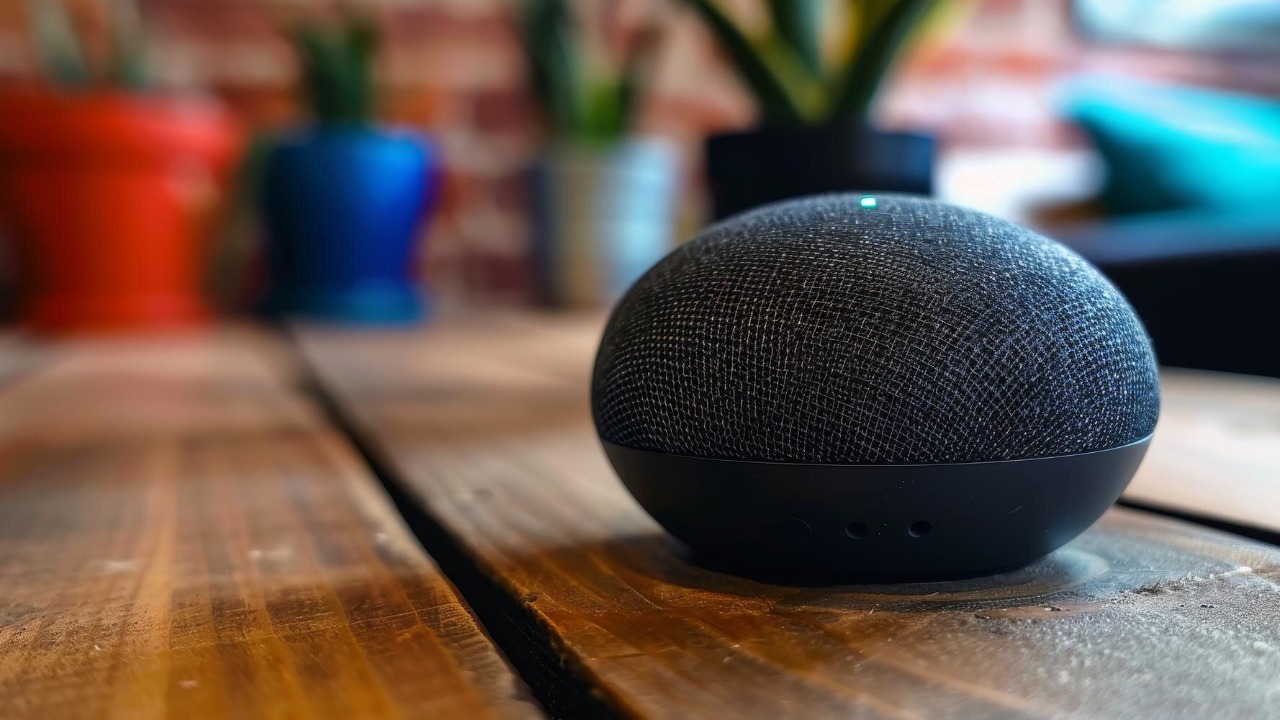
Another drawback of Alexa is its lack of customization. While it offers a variety of skills, the ability to tailor these to fit personal needs remains limited. Users looking to create personalized routines or commands might find Alexa’s capabilities insufficient.
This lack of flexibility can be particularly limiting for tech-savvy users who want more control over their smart home setup. If customization is a crucial factor for you, exploring other platforms with more robust personalization options might be beneficial.
Encouragement of Lazy Habits
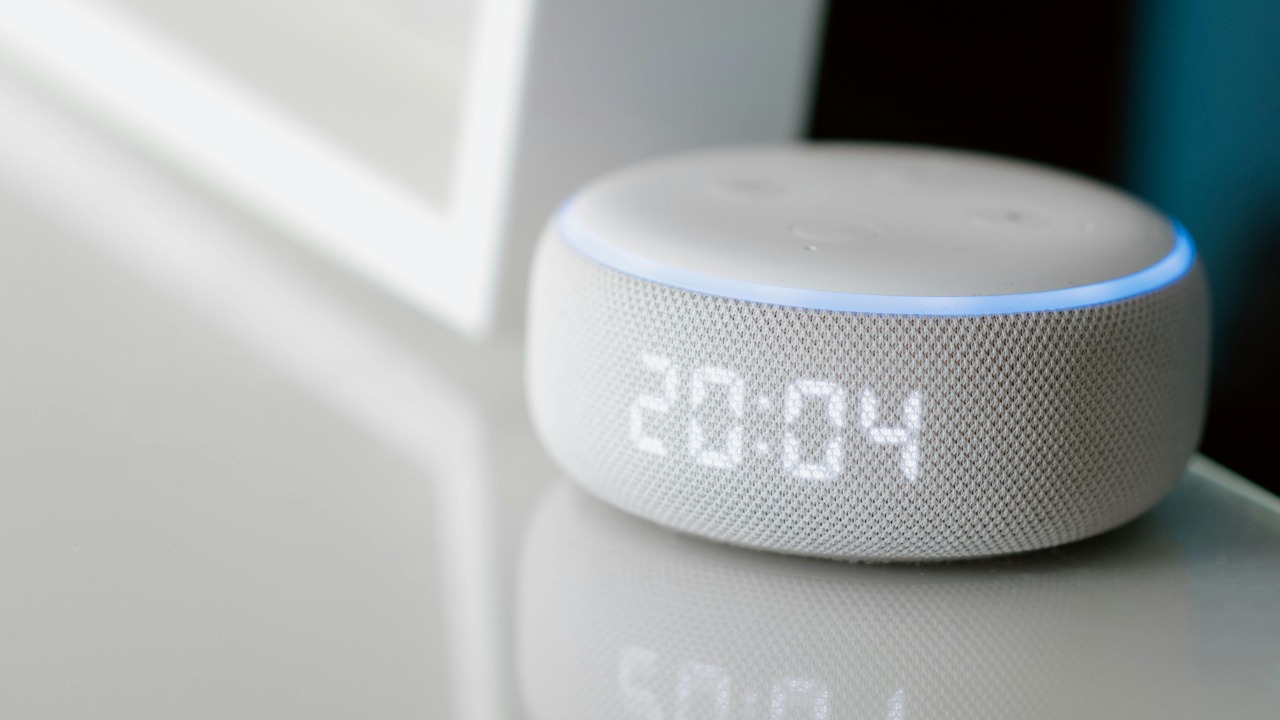
While Alexa can make life more convenient, it might also encourage lazy habits. The ease of asking Alexa to do tasks that could be easily done manually, like turning off lights or setting reminders, can lead to an over-reliance on technology.
This dependency can diminish problem-solving skills and reduce physical activity, as users might choose to defer simple tasks to Alexa instead of doing them personally. If maintaining a balanced lifestyle is important, this potential for laziness might be a reason to limit Alexa’s use.
Dependence on Internet Connectivity
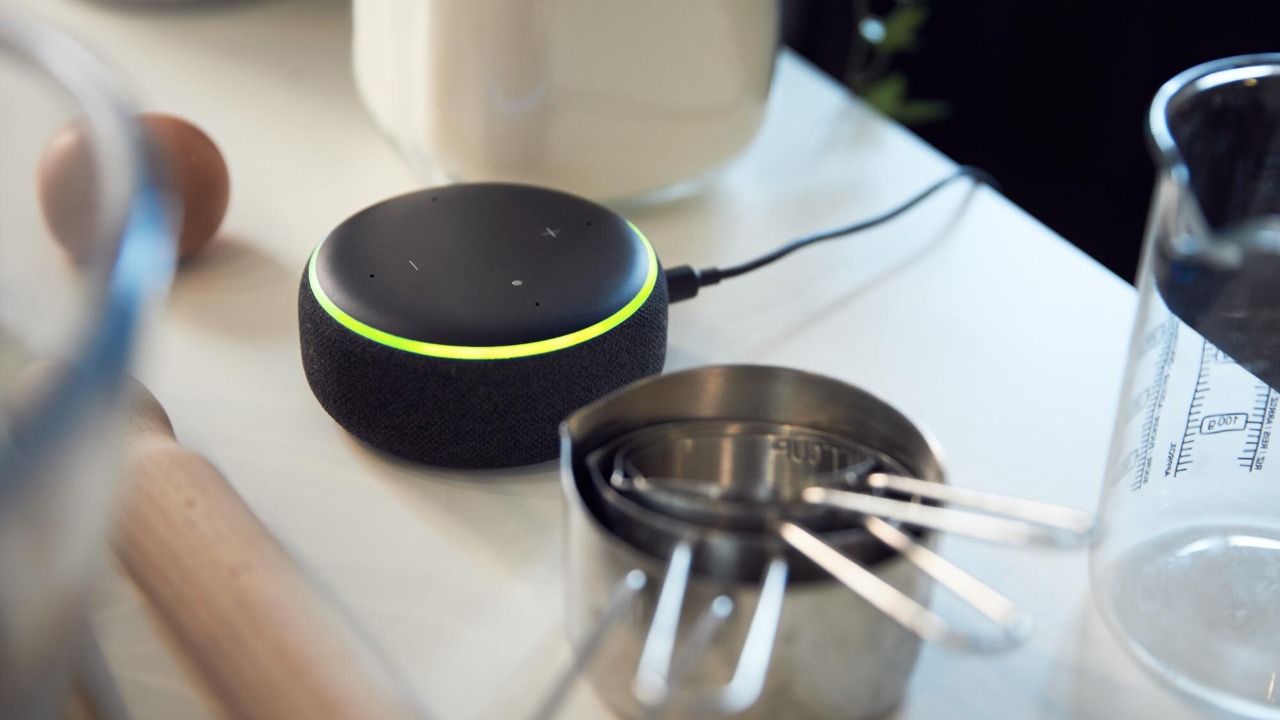
Alexa’s functionality is heavily reliant on a stable internet connection. Without it, the device is rendered virtually useless. This can be a major inconvenience, particularly in areas with unreliable internet service.
In situations where connectivity is frequently disrupted, relying on Alexa for essential tasks can lead to frustration and inefficiency. If consistent internet service is an issue, you might want to consider devices that offer offline functionality as a more reliable alternative.